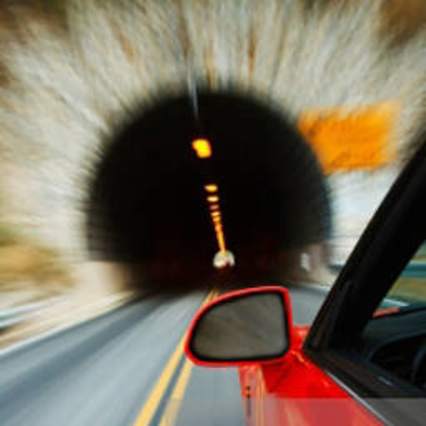Conventional hybrid technology overwhelmingly involves the union of a petrol engine and an electric motor but Peugeot says a diesel-electric hybrid vehicle allows a 30 per cent improvement in fuel economy over a conventional car and 25 per cent better economy over a petrol-electric hybrid.
This vehicle highlights the company's commitment to protecting the environment by reducing fuel consumption and greenhouse emissions, while operating within the practical parameters of real world use.
By combining an 80kW, 1.6-litre HDi diesel engine with DPFS (Diesel Particle Filter System) and an electric power train, the 307 CC Hybride HDi joins the 307 Hatchback, announced in January, to lead diesel-electric hybrid development in readiness for possible mass-production in 2010.
The coupe is a hybrid in stylistic, as well as powertrain, terms. It transforms, via electric assistance, into a genuine convertible in a matter of seconds.
In use, the hybrid electric/diesel powertrain heralds a genuine new benchmark in terms of fuel efficiency, combining the low thirst of the 1.6- litre HDi diesel engine with an electric assist motor. A staggeringly low mixed-cycle fuel consumption of 4.1 litres per 100km – almost nearly 70mpg – represents a gain of some 30 per cent compared with the standalone HDi model.
In addition to the diesel engine's 80kW, the driver benefits from the additional power available from the electric motor – up to 32kW. This means the performance of the Hybride HDi Coupé Cabriolet is roughly the same as the production model with 100kW 2.0-litre HDi with DPFS.
The layout chosen for operational efficiency was the 'parallel hybrid power train', in which the diesel engine is used mainly to move the vehicle. It is combined with a transmission that functions in the traditional way, and the electric motor is powered by energy stored in Ni-MH batteries.








.jpg)
.jpg)
.jpg)
.jpg)



.jpg)











.jpg)

Comments